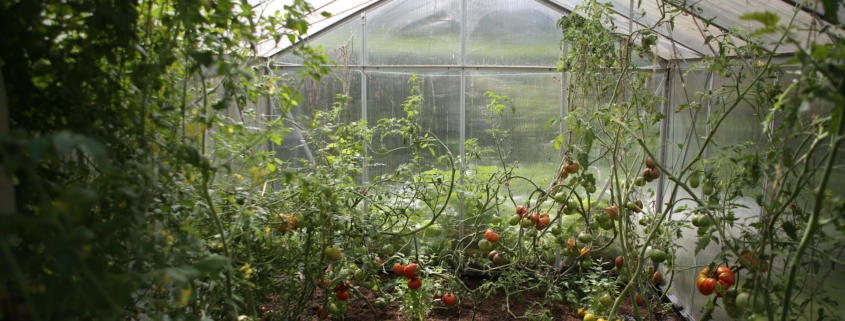A Comparative Analysis of Organic Farming and Regenerative Farming: Cultivating Sustainability
Organic farming is a system of agriculture that avoids the use of synthetic pesticides, herbicides, fertilizers, and genetically modified organisms (GMOs).
It aims to promote soil and water quality, biodiversity, and human health by following a set of standards and regulations. Organic farming has been growing in popularity and demand, as consumers seek more natural and healthy food options. However, organic farming also faces some limitations, such as higher costs, lower yields, and potential nutrient deficiencies.
Regenerative farming is a process of restoring degraded soils using practices based on ecological principles.
It goes beyond organic farming by not only avoiding synthetic inputs, but also actively enhancing the natural ecosystems of the land. Regenerative farming seeks to improve soil health, carbon sequestration, water retention, and biodiversity by employing techniques such as cover cropping, crop rotation, no-till farming, agroforestry, and livestock integration.

